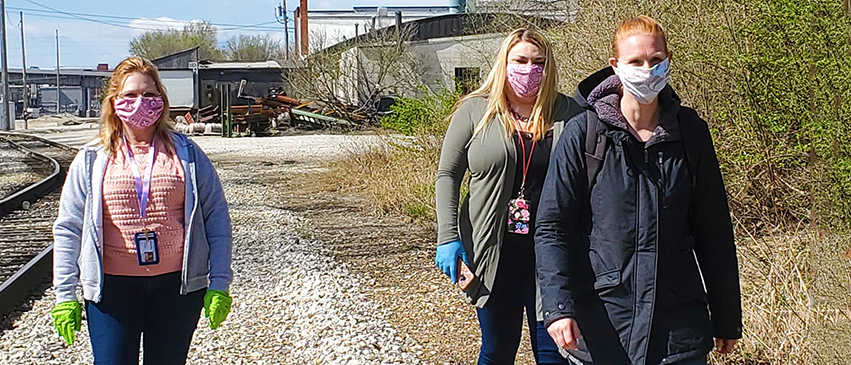
Our well-being is shaken to its core when something like the coronavirus turns our world upside-down. The pandemic has changed everything: our world, our nation, our state, our region, our work life, our home environment, our schools, and our individual sense of safety and security.
Governments, healthcare institutions, schools and individuals have all pivoted on a dime and drastically adjusted their normal routine to respond to this crisis. The same applied—and continues to apply—to the human service organizations in the Peoria area.
Adapting for Community Well-Being
The Center for Youth and Family Solutions and UnityPoint Behavioral Health, for example, quickly set up online counseling sessions when social distancing was ordered. Crittenton Centers dispensed diapers and baby food from their doorstep rather than from their indoor pantry. Sophie’s Kitchen had to stop serving meals to the needy, but instead placed packaged food in a Little Free Pantry outside their restaurant. The Center for Prevention of Abuse consolidated their two domestic violence shelters into one to allow staff to take turns social distancing. Community Workshop & Training Center staff members took the place of their sequestered consumers in order to keep the agency’s job lines operating.
This is what it’s like to always work on the frontlines, whether due to a global pandemic or on behalf of a single individual. Any kind of threat can unsettle an individual’s (or a nation’s) sense of well-being. For a nation, the threats can come from an epidemic, natural disaster or war. For an individual, major trauma can come from the birth of a child born with disability, a difficult divorce, a teen with an addiction, the loss of a job, a serious illness, a fire or tornado, a stroke or dementia of an aging parent, failure at school, death or imprisonment of a family member.
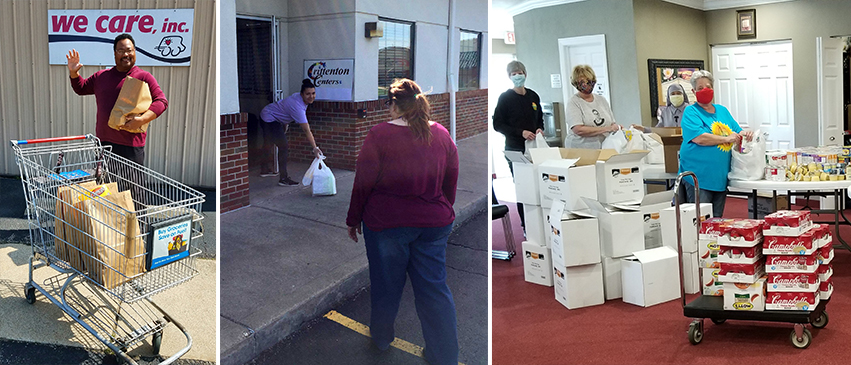
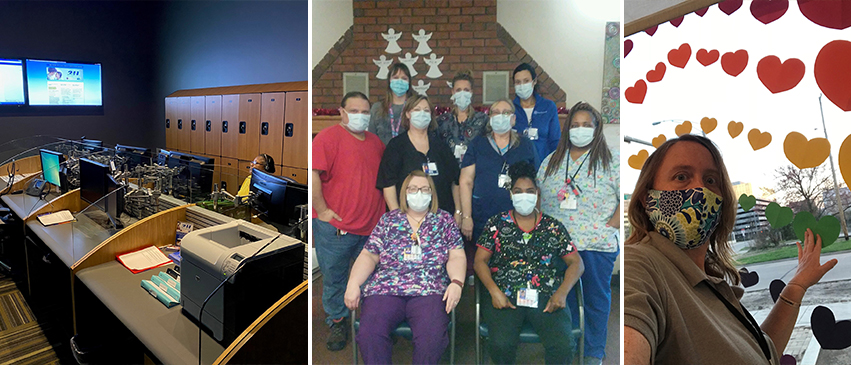
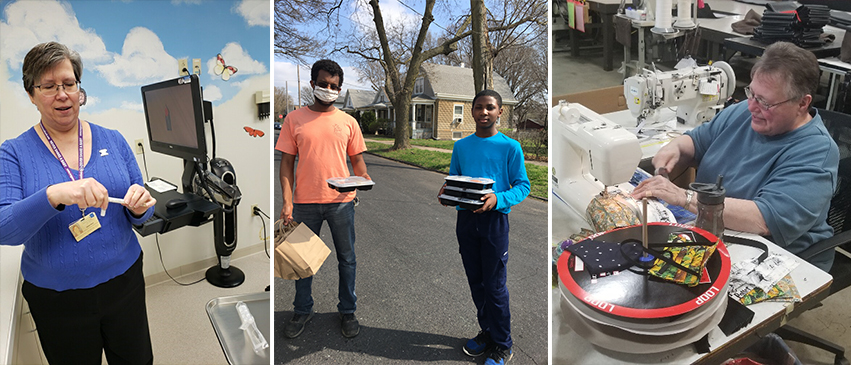
It's in the DNA of human services to be flexible, resilient and adaptable—because that is the only way we can successfully support both individuals and the community at large. Our process is to ask: what happened, what do we do now, and what do we do for the long run? What will it take to restore well-being? These are the same questions our government leaders ponder in response to the pandemic.
Battling Crises Every Day
However, there are other crises simmering under the radar… such as low literacy rates, lack of access to healthcare, widespread drug abuse, violence in our homes and streets, high poverty rates, lagging workforce development and minimal public transportation. Human service organizations are on the frontlines there, too.
For example, Tri-County Urban League and Neighborhood House offer afterschool tutoring. Heartland Health Services increases access to healthcare for the working poor. We Care provides rides to medical appointments for homebound seniors. The Center for Prevention of Abuse and the Hult Center for Healthy Living, together, offer anti-bullying and suicide prevention sessions in schools.
These issues require the same attention and energy as the pandemic response. Of course, these are issues that are decades old and embedded in our culture. Finding solutions will require a major shift in national, state and local focus.
Human service organizations are on the frontlines every day, helping individuals, communities and leaders find solutions to build a better world for all. This is what we do all day, every day. We are here to support and improve the well-being of the central Illinois community by working together. PM
For more information, visit humanservicescollaborative.com and the individual websites of its agency members.
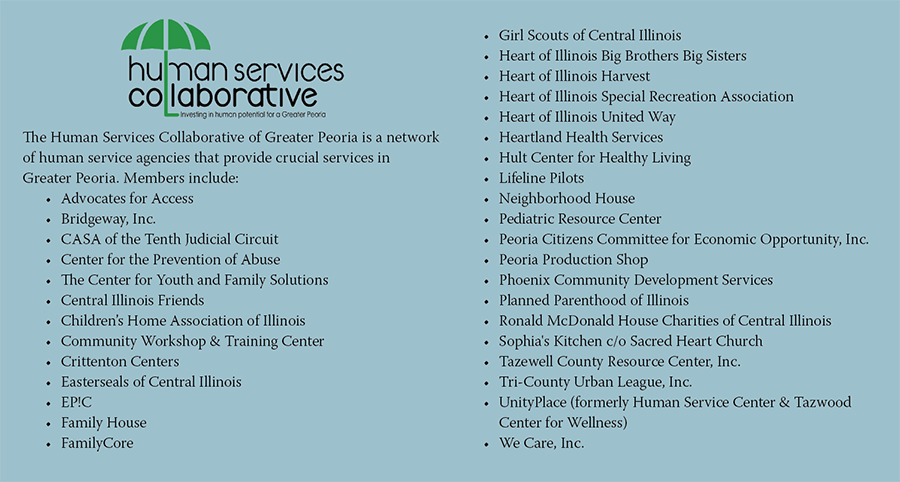
- Log in to post comments

